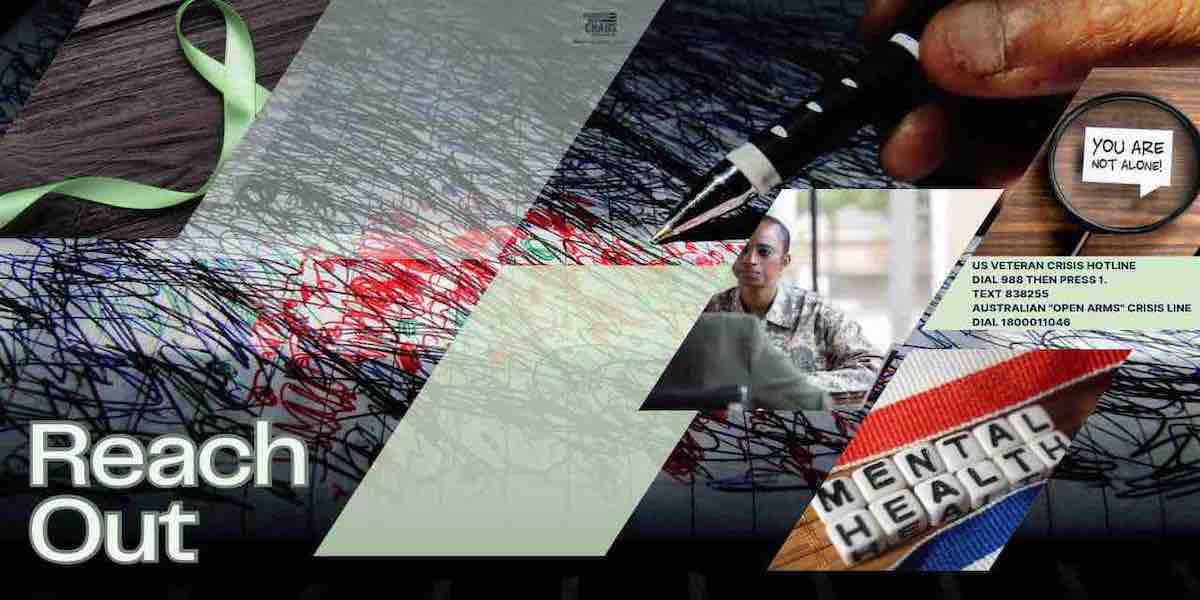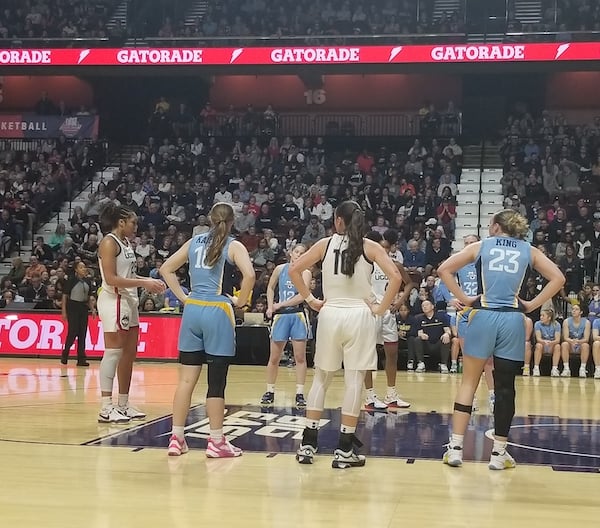Community and Family Roles in Mental Health Challenges
Written by HMG Staff on 06/15/2023
Friends, family, and the community can provide essential mental health support for military veterans, first responders and their families when dealing with depression and akin to a strong safety net that catches and supports individuals in times of need. Just as a safety net prevents someone from falling, these support networks can offer stability and comfort. Here’s an analogy that illustrates how friends, family, and the community can provide mental health support:
Imagine a high-wire performer braving a tightrope, representing the challenges faced by veterans and their families. Depression creates an unsteady path, where the risk of stumbling or losing balance is high. In this scenario, friends, family, and the community act as a safety net positioned beneath the performer, ready to provide support.
Friends play a pivotal role as individuals who stand beside the tightrope, offering constant encouragement and reassurance. They extend their hands to the performer, offering stability and companionship throughout the journey. They listen attentively, providing a safe space for the veteran to express their emotions and concerns. Friends understand the importance of being present, even during the most difficult times, and offer unwavering support.
Family members form the sturdy framework of the safety net, representing the unbreakable bonds that veterans rely on. They serve as anchors, firmly connected to the performer. Family members offer love, understanding, and patience, remaining steadfast as the veteran navigates their mental health challenges. They provide a sense of belonging and a space where vulnerability is embraced, ensuring that the veteran never feels alone.
The community acts as the expansive safety net beneath the tightrope, ready to catch and uplift the veteran and their family. Community support includes organizations, support groups, and local resources. These components form a safety net with multiple layers, ensuring comprehensive care. The community offers educational initiatives, access to mental health services, and opportunities for connection and engagement. It acts as a safety net that envelops the performer, offering a collective support system.
In summary, friends, family, and the community serve as a safety net for military veterans and their families when dealing with depression and mental health challenges. Friends provide constant encouragement, while family members offer unwavering support. The community serves as an expansive safety net, providing access to resources and fostering a sense of belonging. Together, these support networks play a vital role in preventing individuals from falling, providing the stability and care needed for veterans and their families to overcome mental health challenges and thrive.






